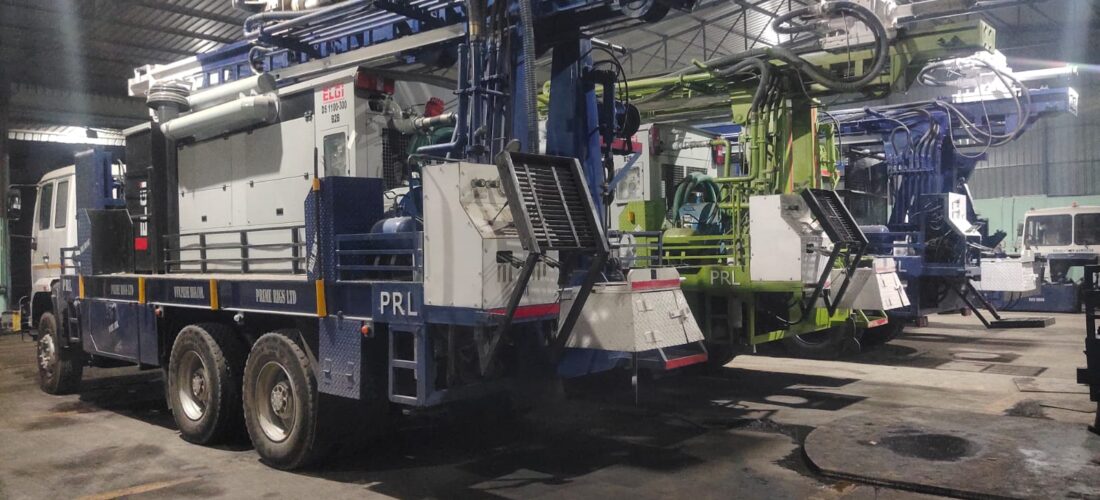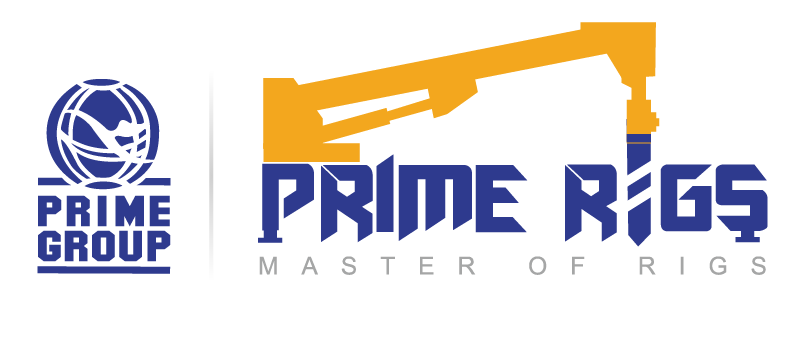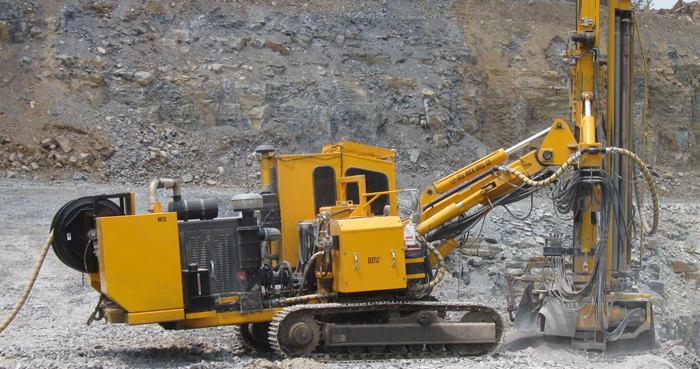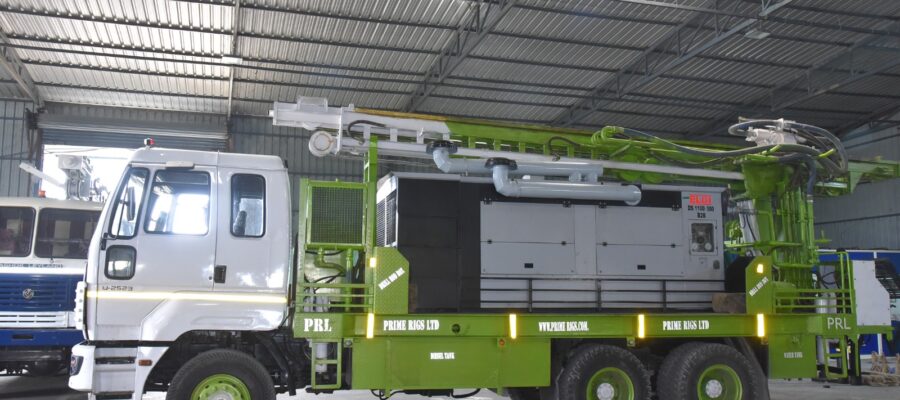
Construction equipment serves as the foundation of any infrastructure project, allowing for the efficient completion of tasks ranging from excavation to heavy lifting. The constant demands and harsh working conditions, on the other hand, take their toll on these construction drill machine, emphasizing the critical importance of regular maintenance. Maintaining top-notch equipment is not just a good practice in the construction industry, where time is money, and delays can have significant financial consequences.
- The Price of Downtime- One of the primary reasons why construction equipment maintenance is important is the high cost of downtime. When a critical piece of machinery fails, it can bring an entire construction site to a halt. Every idle hour equals lost productivity, missed deadlines, and higher labour costs. Simply put, the longer the equipment is out of service, the more money is lost. Regular maintenance helps to prevent unexpected breakdowns and ensures that equipment operates smoothly when it is most needed.
- Assuring Construction Site Safety- In the construction industry, safety is paramount, and the condition of equipment directly correlates with the well-being of workers on the job site. Faulty or poorly maintained machinery increases the risk of an accident, which can result in injuries or even death. Routine maintenance checks are critical for identifying and correcting potential hazards, including inspections of critical components, hydraulic systems, and safety features. Prioritizing equipment maintenance is a proactive approach to making construction teams safer on the job.
- Increasing the Lifespan of Construction Equipment- Construction rigs are a significant investment for any construction company. The capital invested in excavators, bulldozers, cranes, and other machinery is significant, making it critical to maximize their lifespan. Regular maintenance is critical to achieving this goal. Maintenance efforts contribute to extending the overall lifespan of construction equipment by addressing wear and tear, identifying potential issues early, and replacing worn-out parts promptly. As a result, the return on investment improves, and the frequency of costly replacements decreases.
- Long-Term Cost-Efficiency- While some may perceive maintenance as an additional expense; it is a cost-effective strategy when viewed in a broader context. Investing in preventive maintenance regularly is far less expensive than dealing with the aftermath of a breakdown. Emergency repairs, major component replacement, and addressing collateral damage caused by neglect can all incur significantly higher costs. A well-executed maintenance plan, on the other hand, is a one-time investment that pays off in the form of increased equipment life, reduced downtime, and lower overall operating costs.
- Environmental Impact- Construction equipment, particularly older models, can significantly contribute to environmental pollution. Regular maintenance, such as emission control system checks and tune-ups, ensures that equipment operates efficiently, reducing its environmental impact. This is especially important as the construction industry is under increasing pressure to adopt sustainable practices and reduce its environmental impact.
- Compliance with Regulations- Construction equipment is subject to a variety of regulations and standards to ensure the safety of workers, the public, and the environment. Compliance with these regulations requires regular maintenance. Ensuring that equipment meets or exceeds safety and environmental standards not only avoids legal consequences but also reflects positively on the construction company’s reputation and integrity.
Construction equipment maintenance is a strategic imperative for the success and sustainability of construction projects, not just a routine task. The advantages of a well-executed maintenance plan are numerous, ranging from avoiding costly downtime to promoting safety and environmental responsibility. As the construction industry evolves, adopting a proactive approach to equipment maintenance will be critical to remaining competitive, ensuring worker safety, and contributing to a more sustainable future.
Recent Post
- Frequent Used: Heavy Construction Equipment and Instruments
- What Type of Water Drilling Should You Choose?
- How To Choose The Perfect Drilling Rig To Buy?
- Tips For Selecting the Right Drilling Rig According to Your Need
- Water Well Drilling: Numerous Advantages
- How To Find Affordable And Reliable Water Well Drilling Rigs For Sale?
- Everything You Need to Know About Water Construction Rigs
- Water Drilling Rigs: Know The Different Types
- Refurbished Borehole Drilling Machine: Is It Worth The Purchase?
- Safety for the Construction Industry: Why Does it Matter?
- Milling Or Drilling: Which Is The Right Process To Choose?
- Choosing A Construction Truck Rigs Supplier Keeping Perfection In Mind
- Factors That Can Help You Select The Best Water Well Drilling Rig
- What Makes Drilling Rigs Different From Milling Rigs?
- Water Well Drilling Rig: All You Need to Know About It
- Do’s and Don’ts of Choosing the Right Rigs
- Underground Drilling Rigs: Features That Make Them Unique And Most Recommended
- What are construction drilling rigs? Why do companies need them?
- How do drilling companies help you with core drilling exploration?
- Key Features and Benefits of Drilling Machines in the Construction Industry
- Exploring the Advantages of Portable Borewell Drilling Technology
- How to Choose the Right Drilling Rig for Your Needs
- Reasons to Invest in Absolute Guide for Rotary Drilling
- Selecting the Ideal Drilling Rig: Ensuring Safety, Efficiency and Cost-Effectiveness





